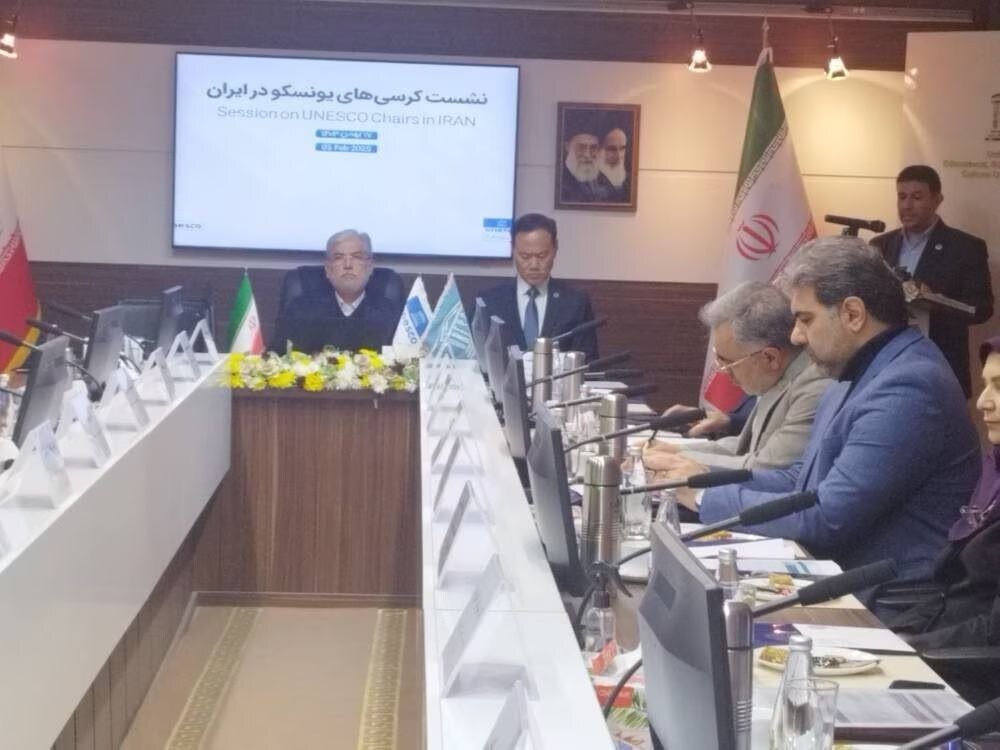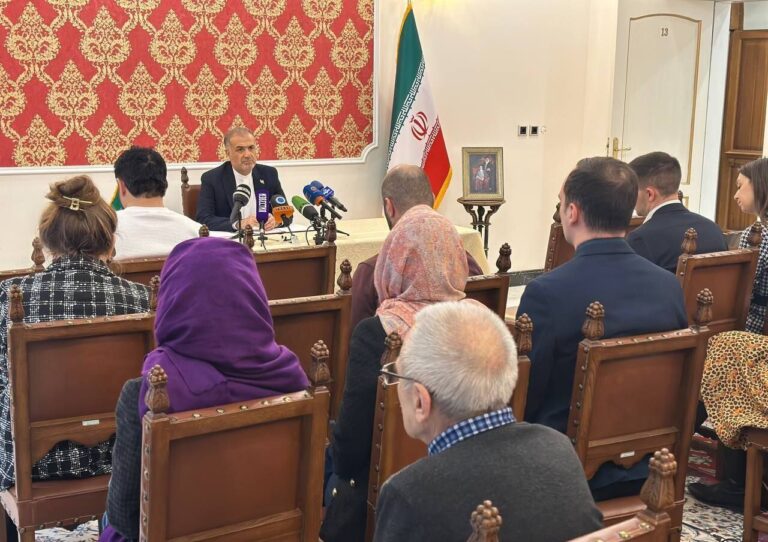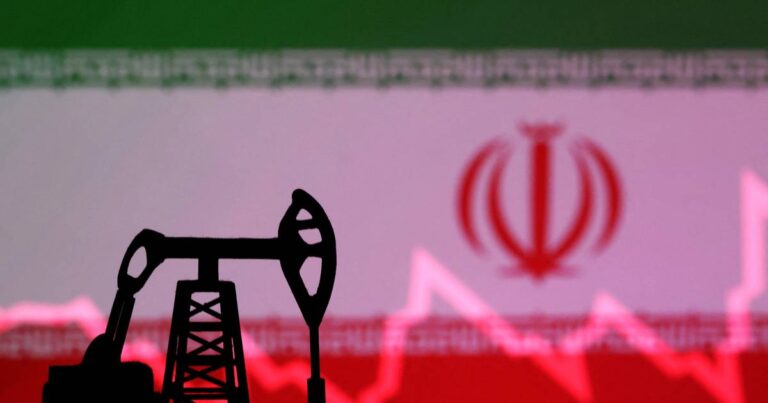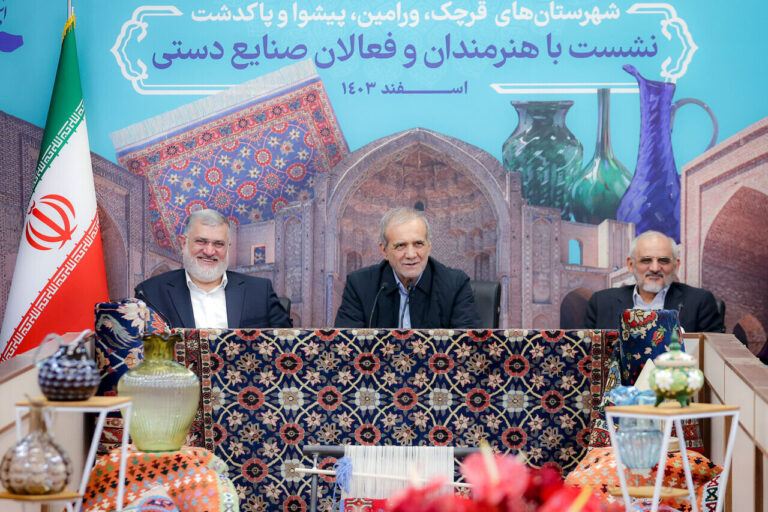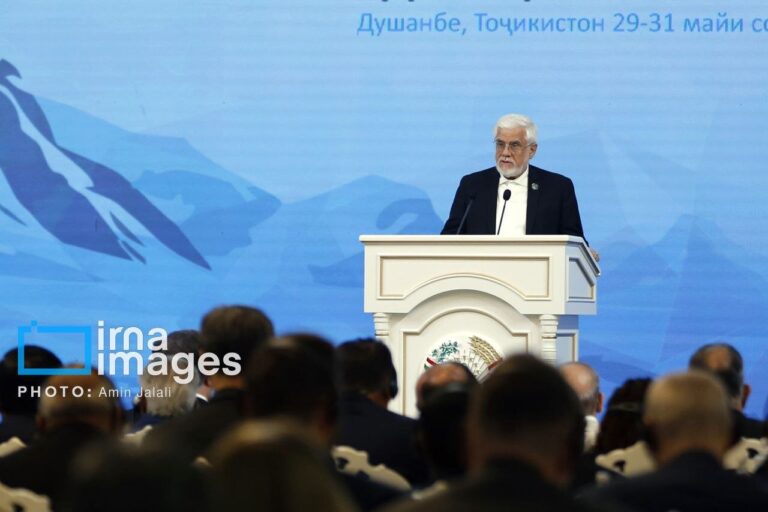Iran Leverages UNESCO Chairs to Boost Scientific Diplomacy and Global Collaboration
TEHRAN – Iran is making significant strides in enhancing global scientific collaborations through its 18 UNESCO Chairs, which span various fields including education, natural sciences, social and human sciences, and communication and information. These chairs serve as vital hubs for scientific exchange, diplomacy, and sustainable development. Recently, the Iranian National Commission for UNESCO, in partnership with the UNESCO Tehran Office, held the inaugural meeting of UNESCO Chairs in Iran, as announced by the UNESCO website on February 23.
At the opening ceremony, Hossein Simaei-Sarraf, the Minister of Science, Research, and Technology, who also presides over the National Commission for UNESCO in Iran, highlighted the essential role of UNESCO Chairs in fostering scientific research and facilitating knowledge exchange across international borders. He urged for increased support for these chairs, particularly in the cultural sector, advocating for their expansion beyond Tehran to universities and institutions across the country.
Despite facing challenges such as financial constraints and international sanctions, Iran has made remarkable advancements in fields like nanotechnology, biotechnology, and artificial intelligence. Iran’s Ambassador and Permanent Delegate to UNESCO, Ahmad Pakatchi, emphasized the critical role of science in building bridges between nations and enhancing global cooperation.
- Hassan Fartousi, Secretary-General of Iran’s National Commission for UNESCO, underscored the need for strengthening both national and international collaboration.
- He pointed out that UNESCO Chairs are instrumental in addressing global challenges such as climate change, bioethics, and artificial intelligence.
- These chairs play a vital role in fostering peaceful dialogue through scientific engagement.
The Head of the UNESCO Tehran Office, Ieng Srong, provided insightful perspectives on the role of UNESCO Chairs, describing them as more than mere academic research centers. He emphasized their significance in tackling emerging global challenges and noted ongoing efforts to connect UNESCO Chairs with funding sources and global research networks to amplify their impact and sustainability.
Ms. Prince, the UNITWIN/UNESCO Chairs Programme Manager, stressed the importance of global interaction and cooperation, particularly through models of South-South cooperation. She highlighted that the social impacts of UNESCO Chairs extend beyond education and research, advocating for increased participation of these chairs in global projects. Ms. Prince also called for strengthening communication and visibility for the chairs through the development of dedicated websites and consistent updates.
The event also featured a capacity-building session, bringing together university presidents and UNESCO Chairholders. This session enabled Chairholders to exchange knowledge and experiences, offering a constructive platform to explore strategies for overcoming challenges and enhancing their future impact.
Key issues discussed by Chairholders during this session included:
- Budget Constraints: Identified as the most significant challenge faced by many chairs, leading some to collaborate with non-profit organizations and NGOs.
- Legal Framework: A call for establishing a legal framework to govern the operations of the Chairs at the national level, particularly in providing policy advice.
- Support for Conflict-Affected Regions: A commitment from Chairholders to provide educational support for individuals living in conflict-affected areas.
As UNESCO Chairs continue to expand into new disciplines and strengthen collaborations with international organizations, Iran is well-equipped to assume a more influential role in global scientific dialogue and policy development. By nurturing these partnerships, Iran contributes to the advancement of science and its pivotal role in constructing a sustainable future for all.
Looking ahead, organizing future gatherings with a stronger focus on technical discussions and capacity-building will further harness the potential of these Chairs, enhancing their overall impact.
In conclusion, the continued support and development of UNESCO Chairs in Iran are crucial for fostering scientific collaboration and addressing global challenges. With a commitment to resilience and innovation, Iran is poised to play an integral role in the international scientific community.
MT/MG
